Metztli Reiser4 Trixie macuilli.caxtolli_omome.caxtolli (5.17.15) EOL

Reiser4 Trixie : Reiser4 Трикси
DEEP, SOLID ROOTS IN THE PAST, INNOVATING FOR THE FUTURE.

Reiser4 Trixie : Reiser4 Трикси
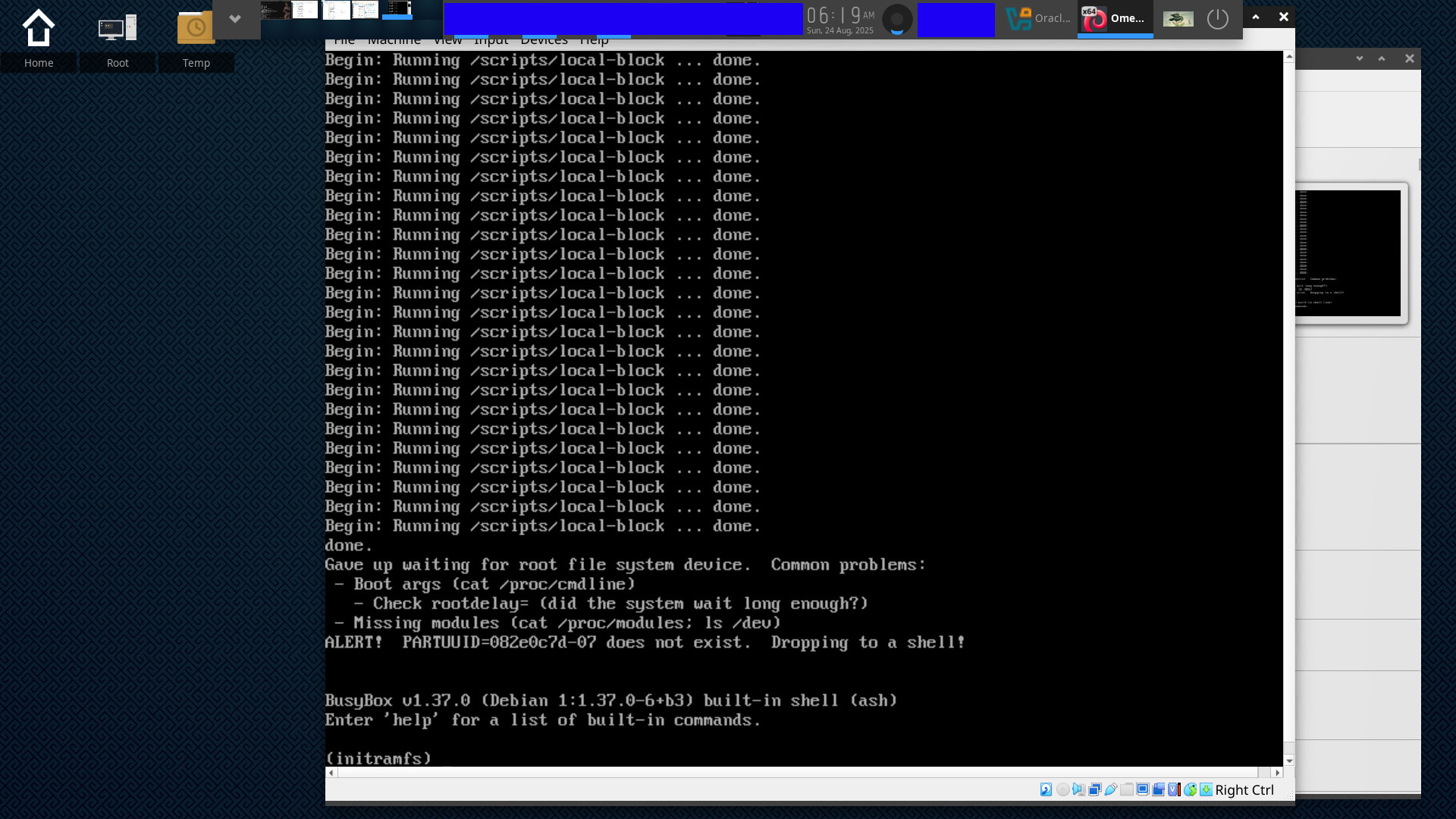
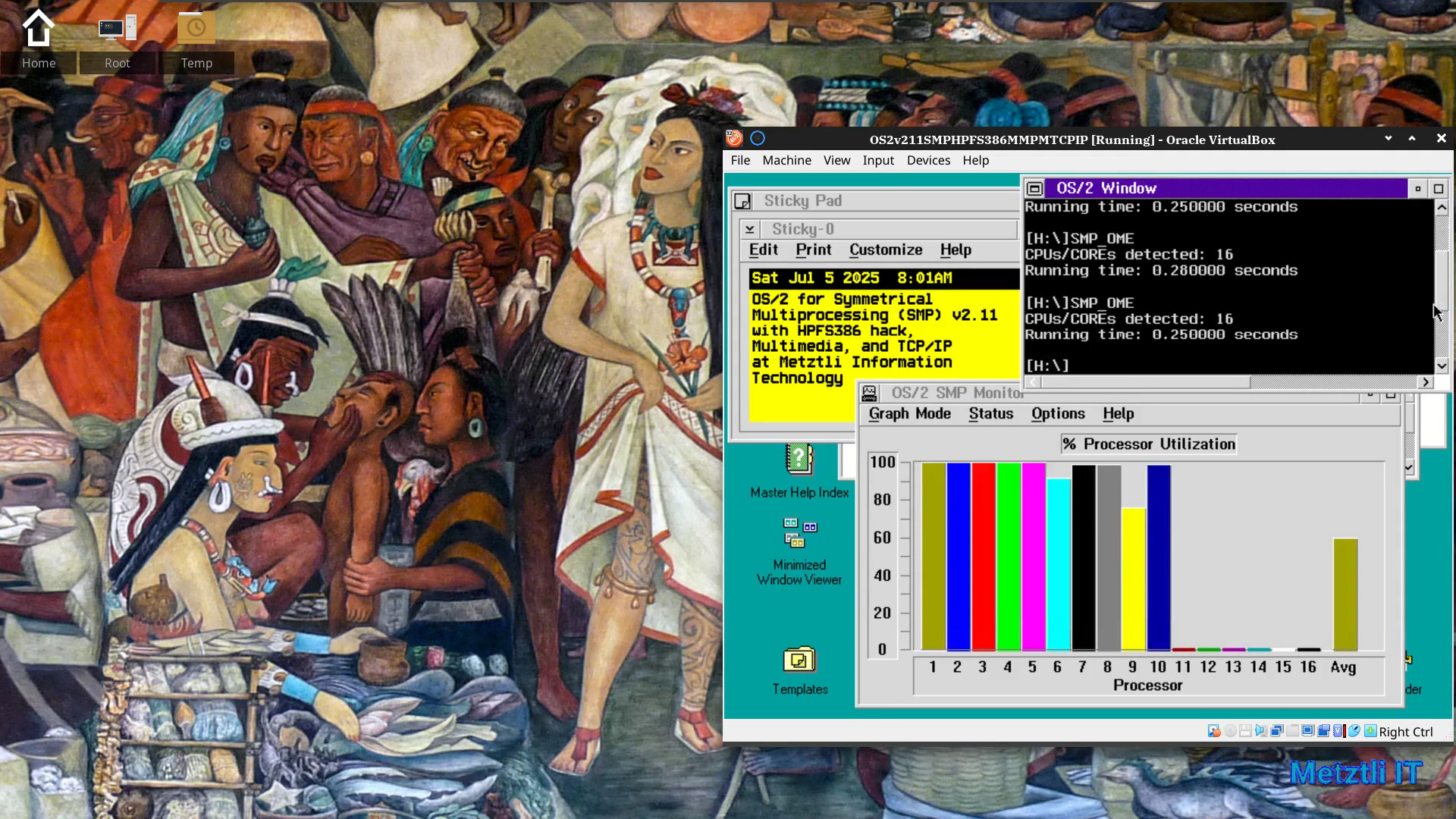
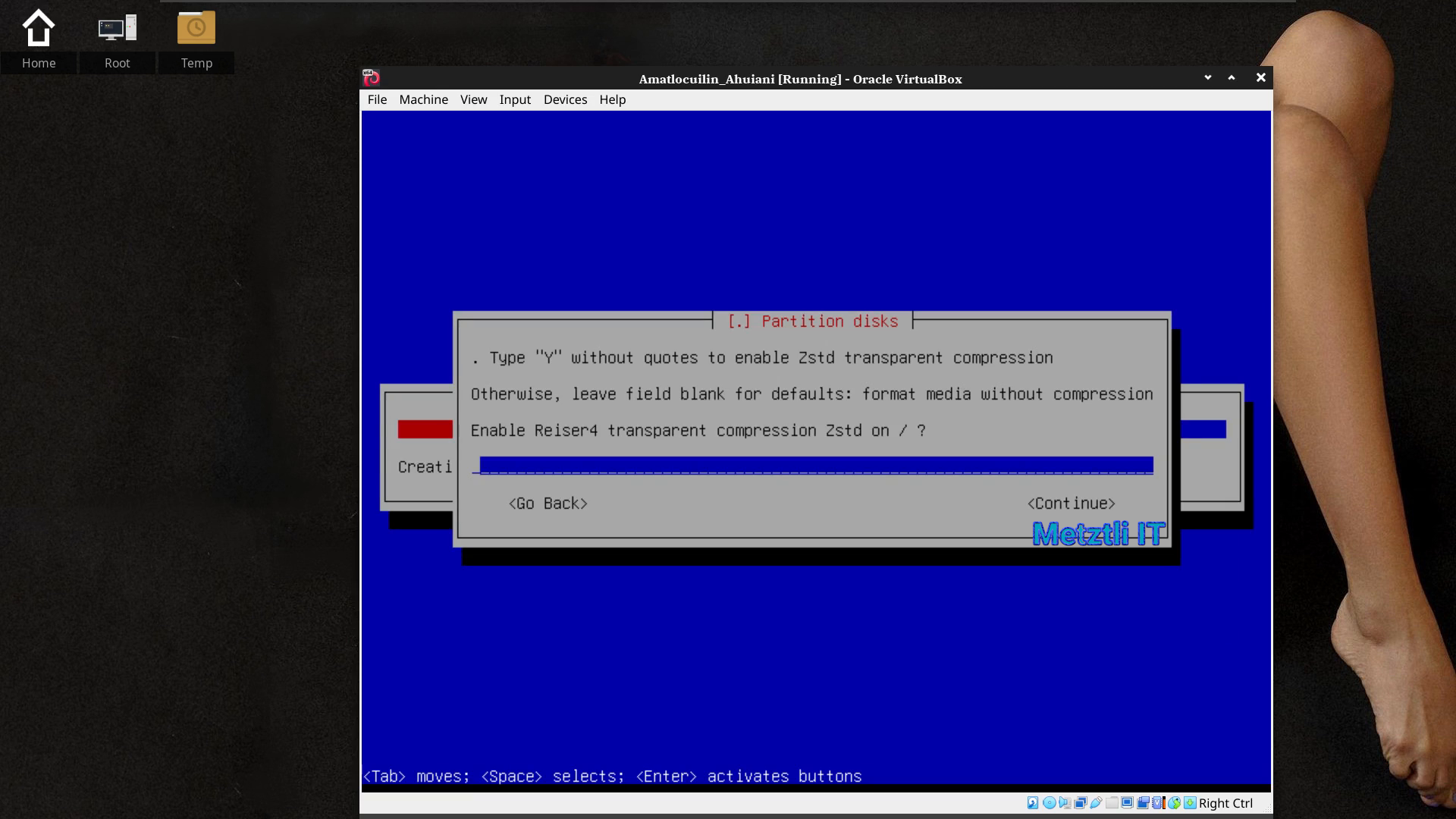
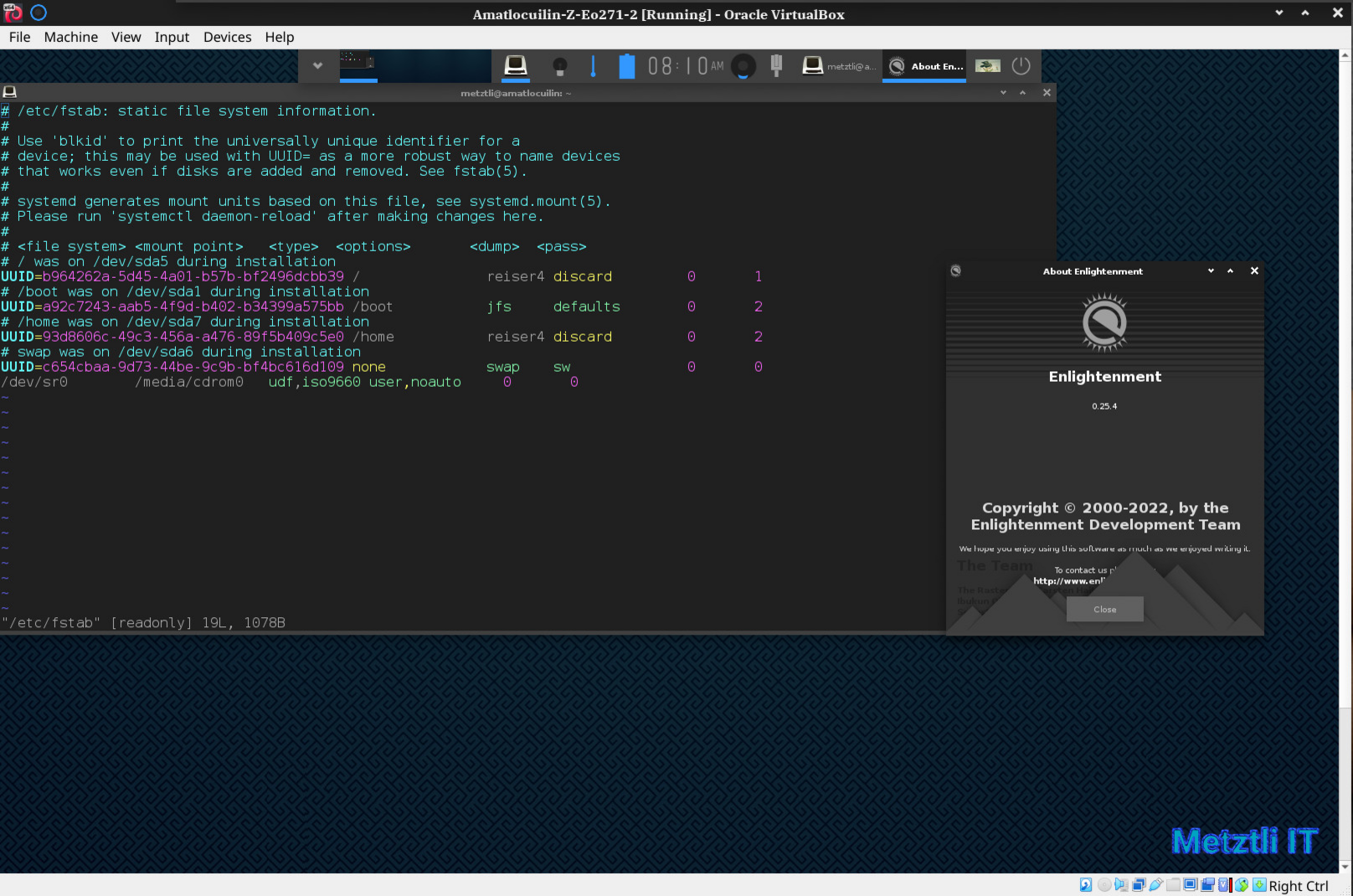
Today we are releasing Metztli Reiser4 Software Format Release Number (SFRN) 4.0.2 with Linux kernel 5.17.12-3+reiser4.0.2. Our Metztli Reiser4 minimum netboot image will enable you to format, partition, and install Debian 12 Amatlocuilin, i.e., Bookworm, (in the Nahuatl language ;) into a storage medium natively prepared with the reiser4 file system.
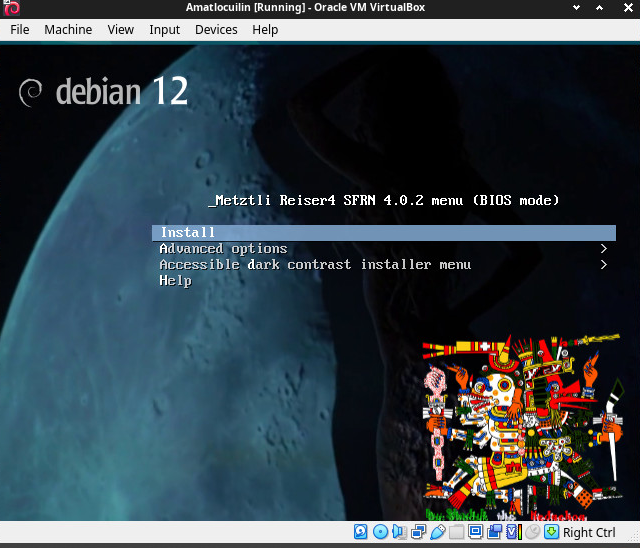
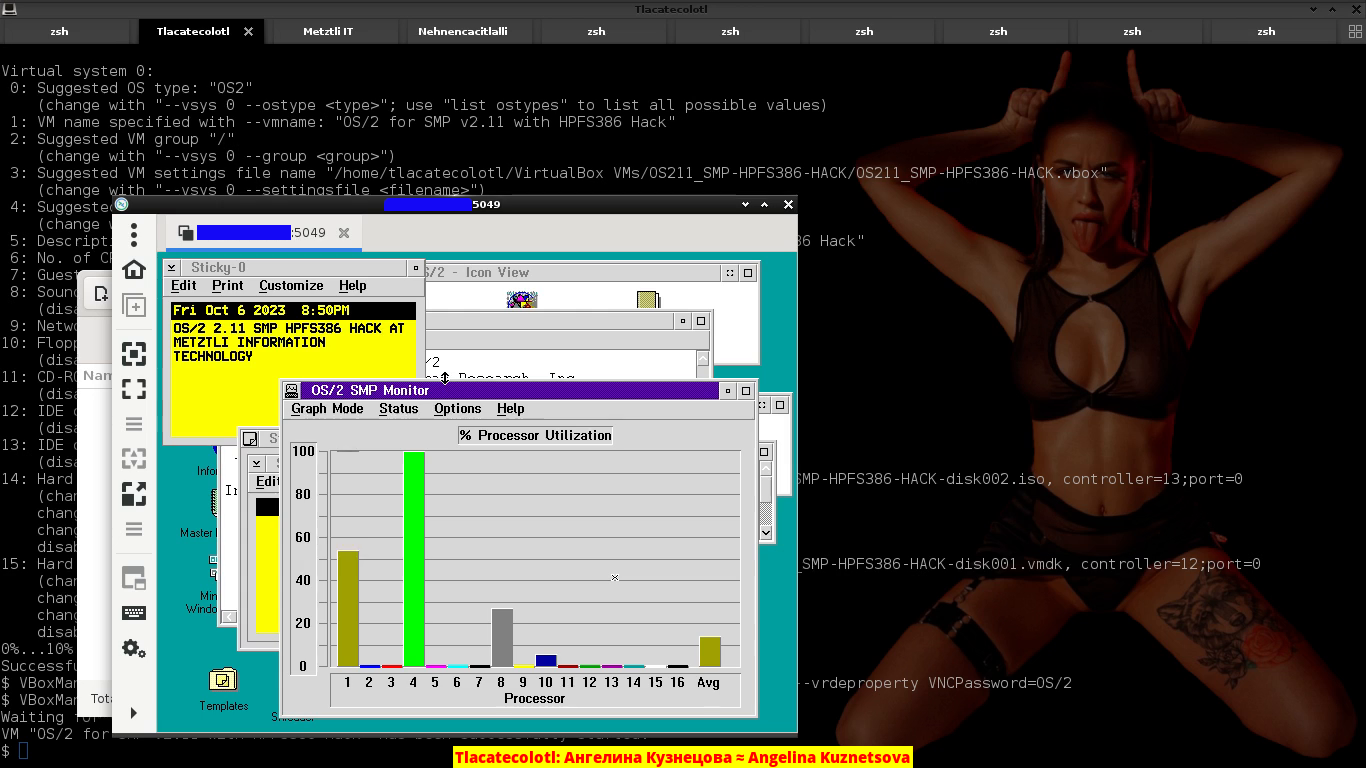
Earlier I updated a Github repository which generates DEB packages suitable for Metztli Reiser4 and/or Debian Bullseye Backports for AMD64. It has only been tested under Metztli Reiser4, AMD64 architecture -- as we run this site under similar build.

Unstable Linux kernel built according to the ensuing post was used to power a Metztli Reiser4 SFRN 5.1.3 Debian Bull
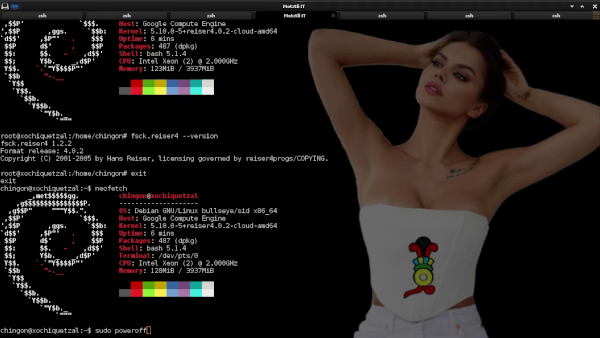
If you are an user of Google Compute Engine (GCE) then you can request (a small fee is charged by Google) our Metztli Reiser4 TARred res
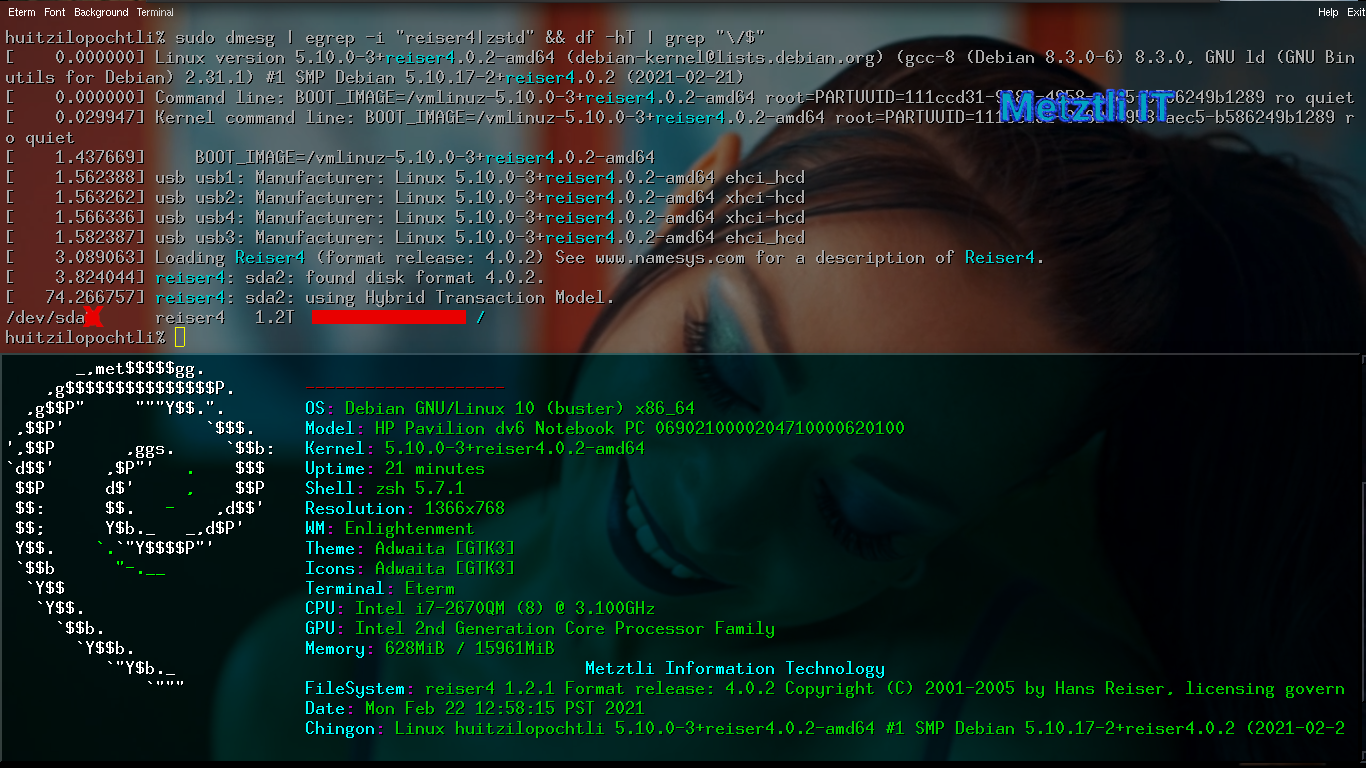
The reiser4 file system patches currently available for Linux kernel 5.10 (as of February 20, 2021) have not been updated to address the 'historic ditching [of] defunct addressing artefact... called set_fs()'.
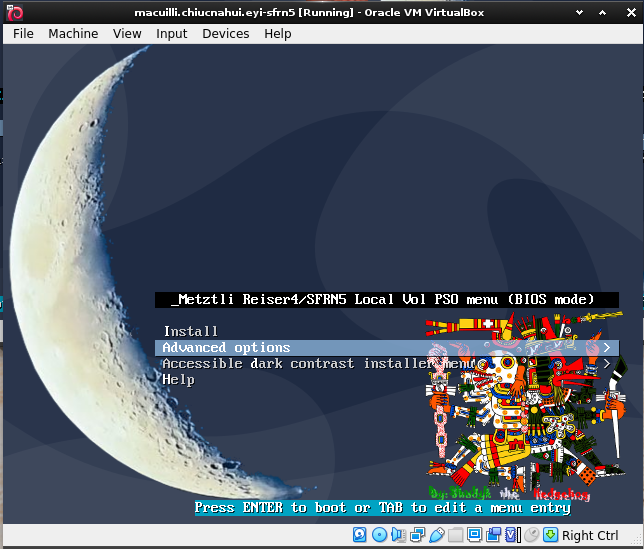
 Similar to Reiser4, a superb file system widely developed by Russian programmers, Sputnik V, the world's first registered Covid-19 vaccine breakthrough was largely, if not completely, developed by Russian scientists. Unfortunately, both monumental achievements have been dismissed by the stunted intellects who, perched on a speciously high moral/scientific platform provided by their corporate masters, will dismiss, disparage, and/or censor anything not developed within their virtue-whitewashed Corporatocracy.
Similar to Reiser4, a superb file system widely developed by Russian programmers, Sputnik V, the world's first registered Covid-19 vaccine breakthrough was largely, if not completely, developed by Russian scientists. Unfortunately, both monumental achievements have been dismissed by the stunted intellects who, perched on a speciously high moral/scientific platform provided by their corporate masters, will dismiss, disparage, and/or censor anything not developed within their virtue-whitewashed Corporatocracy.So yes, this post was about utilizing the last Debian packaging for Linux kernel 5.5 series, i.e., 5.5.13, and applying upstream delta patches to bring it up to 5.5.15. However, as I was writing this post kernel 5.5.16 became available --which is what I will aim to patch and, subsequently, I will 'Add support for ZSTD-compressed kernel and initramfs' via a customized patch. And lastly, I will apply reiser4 for 5.5.5 patch --which still applies smoothly over kernel 5.5.15, and hopefully 5.5.16, and build our hacked kernel.


Realizing that the PHP developer of pthreads has, using the proverbial expression, 'thrown his puppy...er, baby, out with the bathwater'5, I had second thoughts about writing this post.
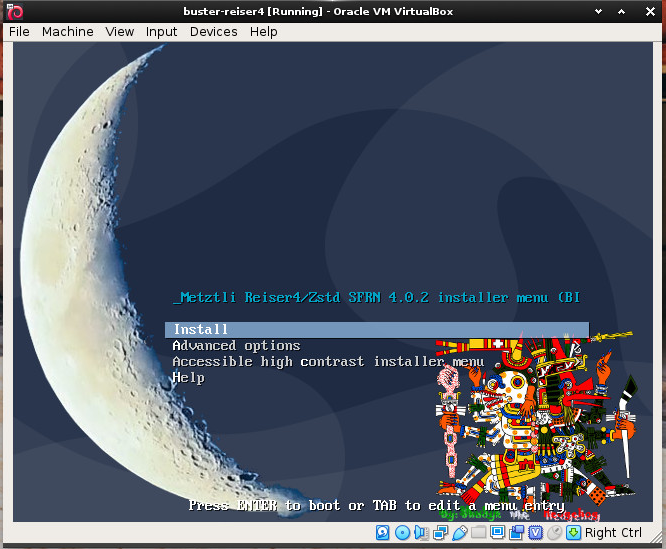
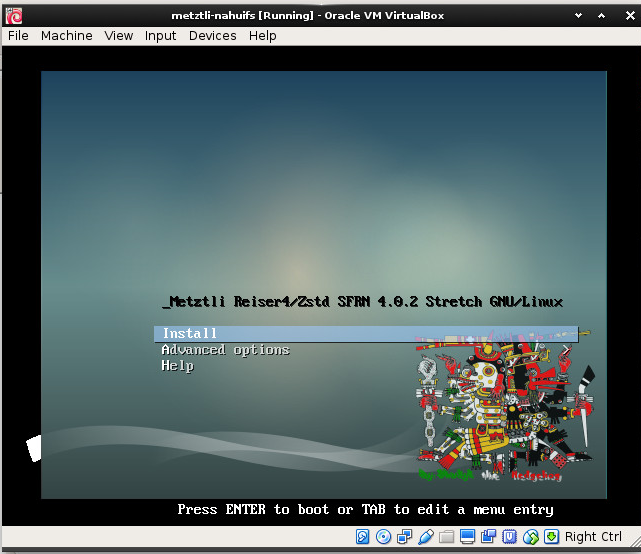
Based on feedback online I have hacked an alternative configuration for Linux 4.14.22 intended for AMD64 Ryzen CPU's.

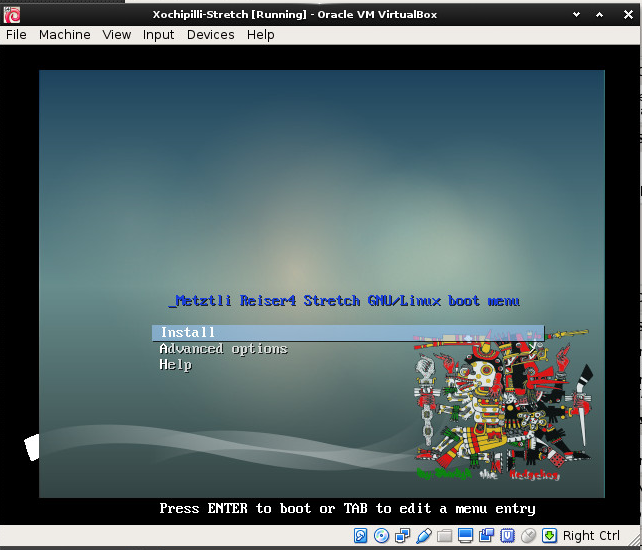
On June 17, 2017, the official date of Debian Stretch Release, we also released Metztli-Reiser4 network boot installer image for our Reiser4 -enabled Stretch release, as well.

Let Metztli IT help your online pressence succeed.
Among the feature improvements that this minor release brings is the video plug-in.
It supports a smoother display of videos -- not only from YouTube -- but from RuTube as well.
On March 15, 2015, Metztli IT released Xonecuiltzin-reiser4 v02 -- our second iteration of bootcd-based
rescue ISO media.
ISO image is based on an early implementation of the upcoming GNU/Linux Debian 8, codenamed "Jessie". It also has our modified Linux kernel 3.18.7. The snapshot above was live-generated using screenfetch utility from Debian repository.
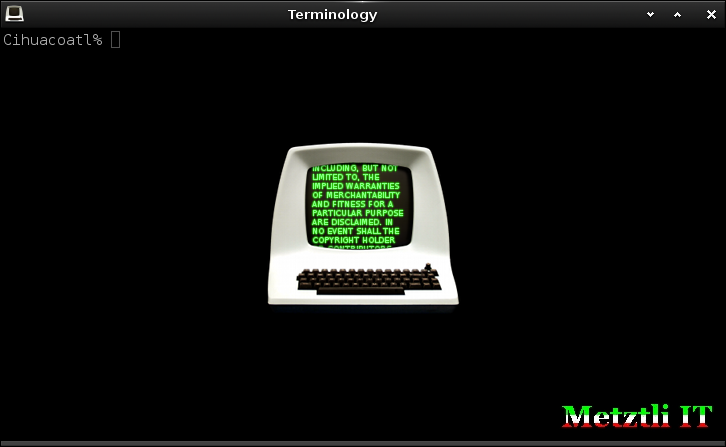
Xonecuiltzin Reiser4 Version .01 of bootcd-based LIVE bootable ISO for rescue and/or possible installation of system onto local media (hard drive, virtual machine, etc) is available!
xonecuiltzin-v01-reiser4.iso is a utility media that will help user to resolve issues with the experimental Reiser4 filesystem.
Honoring this special day, we decided to release Xonecuiltzin, a GNU/Linux Debian bootcd-based live Reiser4 DVD ISO image to be used in the recovery (or even GNU/Linux installation) of experimental Reiser4 file systems. It is available to download at SourceForge: Xonecuiltzin-Reiser4.iso
On 12/30/2013 Metztli IT added support to embed RuTube videos into b2evolution 5.0.6 available on Metztli GitHub repository for Red Hat Openshift platform-as-a-service (PaaS) Cloud delivery model.
Based on the donation of IBM Lotus Symphony code, in early 2014 Apache OpenOffice 4.1 will bring Enhanced Accessibility Support.
Integration of the Microsoft Active Accessibility (MSAA) and IAccessible2 interfaces support into Apache OpenOffice will enable screen readers and other assistive technologies; upcoming feature translates into greater productivity for blind or low-vision persons who use ApacheOO in your organization.
Contact us for consulting, support, and/or deployment assistance.
If not, I urge you to take advantage of the Joyent Cloud free trial. Experience the stability of UNIX, a Solaris-based public cloud. Select from one of Joyent's four data centers. Provision a 32 or 64-bit Joyent's own SmartOS-based Chefserver, MongoDB, Hadoop, node.js, Percona, Riak. Or if you prefer your 32 or 64-bit GNU/Linux Debian, CentOS, Fedora, or Ubuntu distribution. Of course, Windows proprietary OS is available, as well.
Sometime ago I became interested in Red Hat's platform as a service (PaaS) cloud offering known as OpenShift.
It is open source software -- which implies that there is considerable less risk of the customer being locked-in than if s/he were to use proprietary alternatives such as Microsoft's Windows Azure.
Based on OpenStack Essex release, on August 01, 2012, Rackspace officially launched Open Cloud.
Whether you agree with the media arguments pro- and against OpenStack as being the Linux for the Cloud, one issue gets addressed: Rackspace Open Cloud quells competitors' and critics' assertions that OpenStack has not been implemented in major deployments.
Theme by Danetsoft and Danang Probo Sayekti inspired by Maksimer